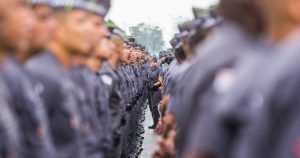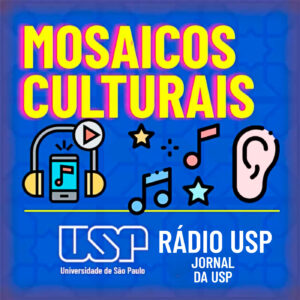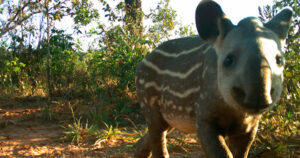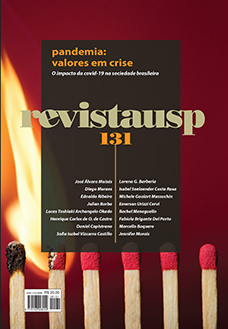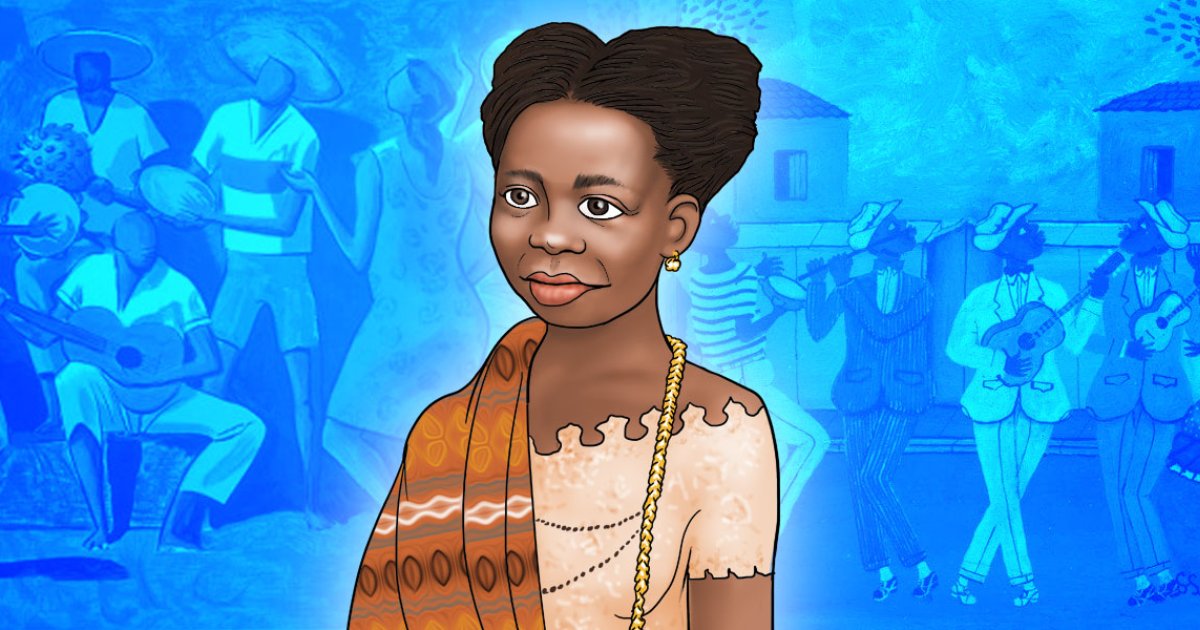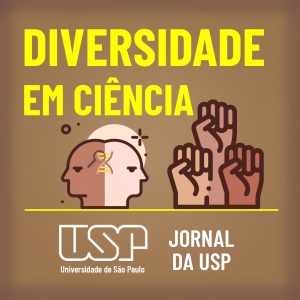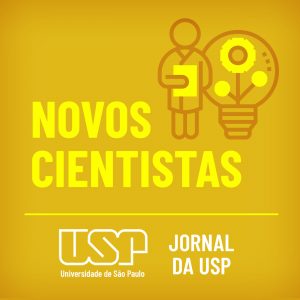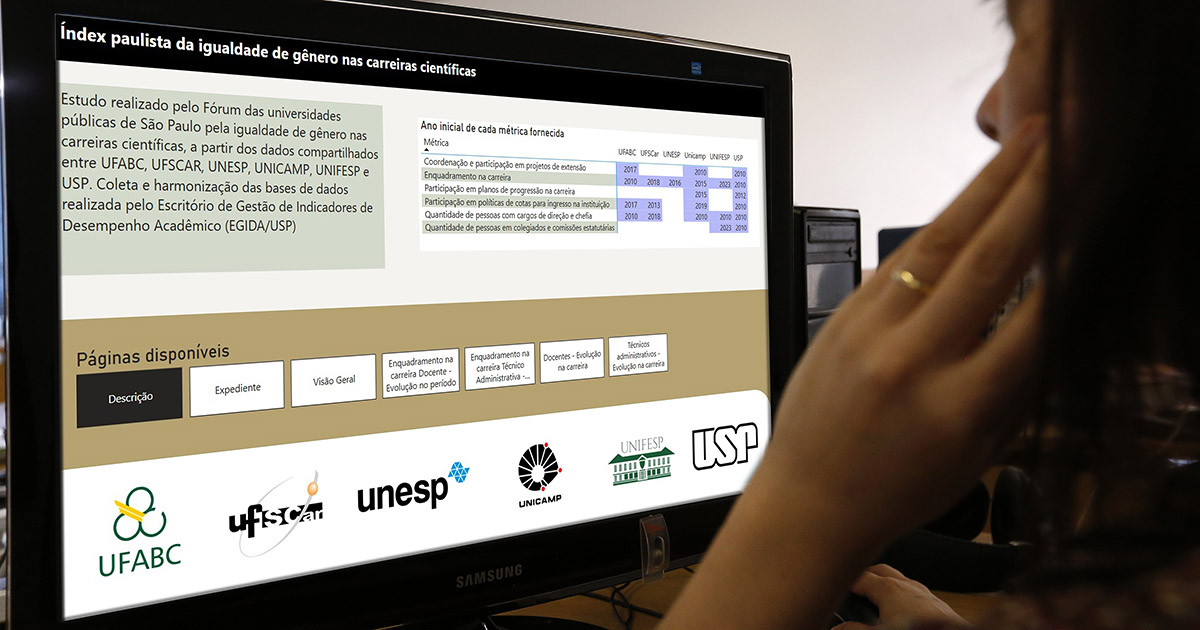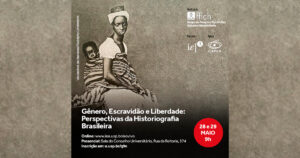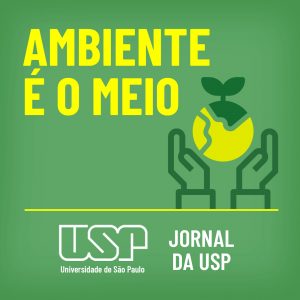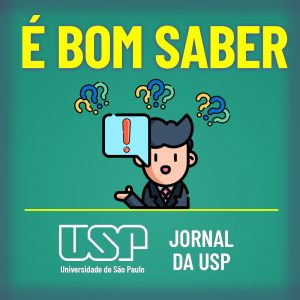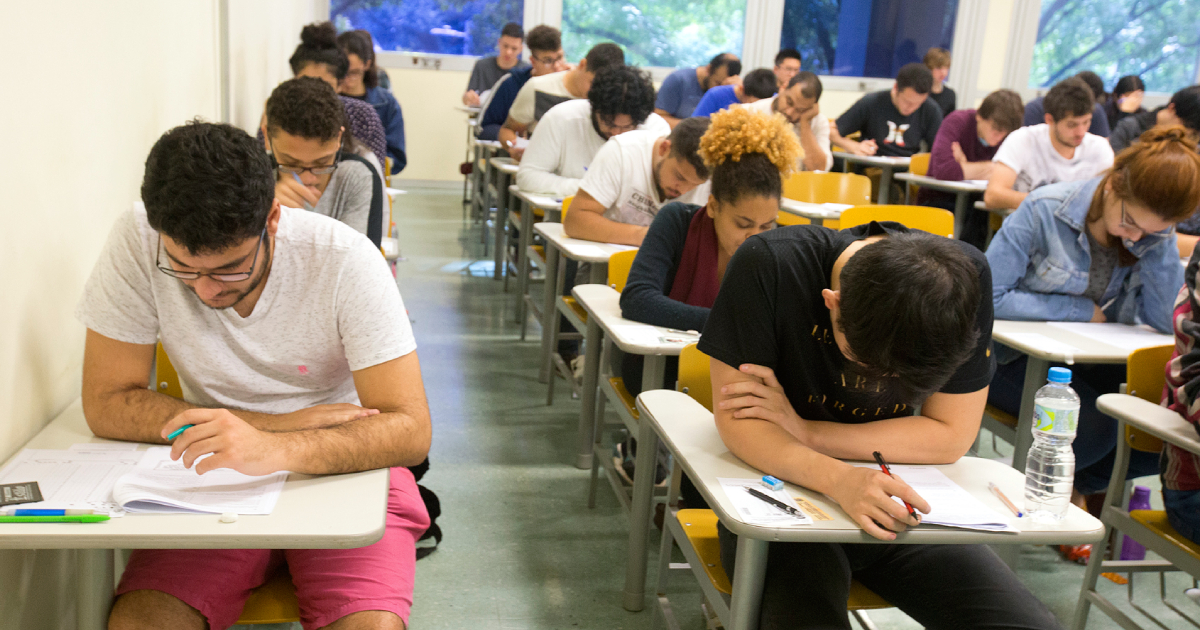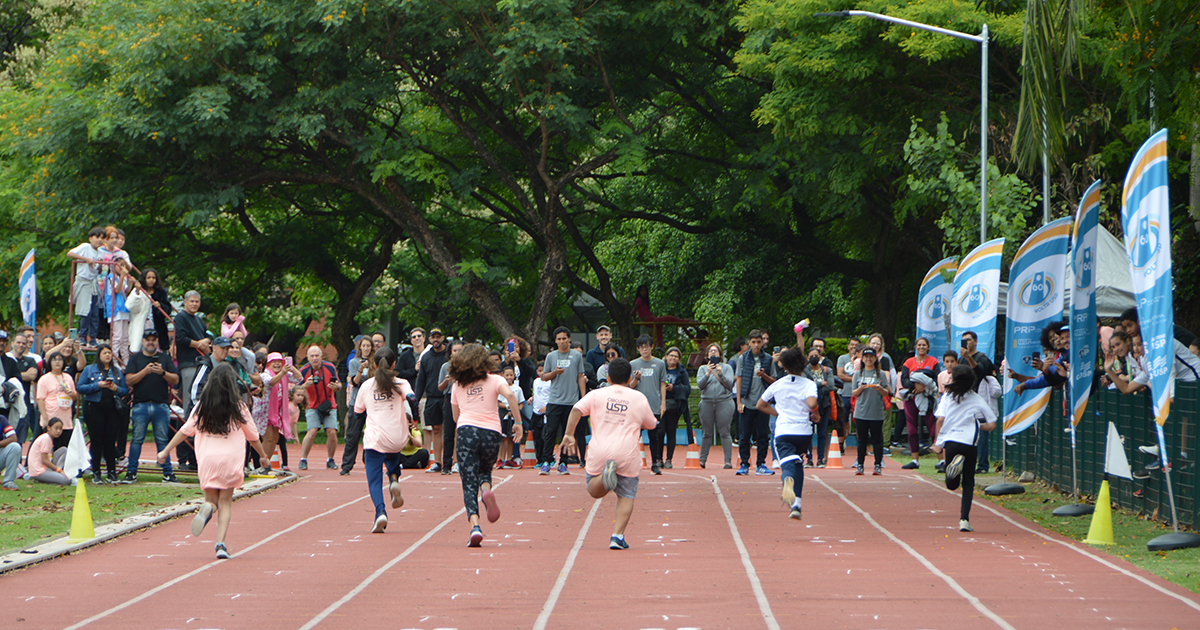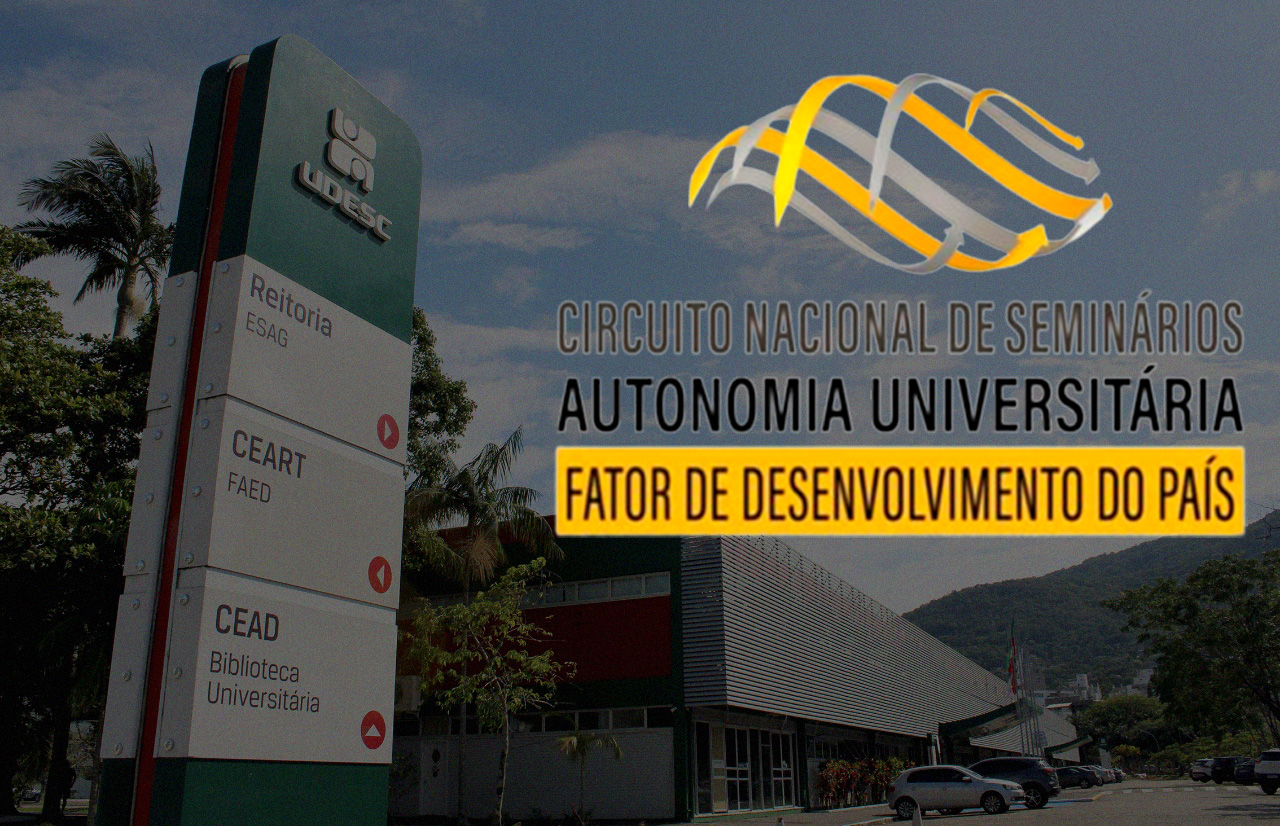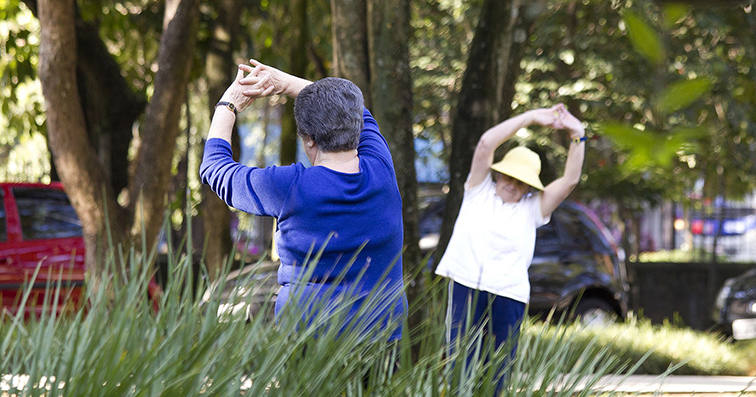
Blog
International commission seeks to develop solutions to the problem of gun violence in Brazil
Lorena Barberia comments on the creation, announced by the journal "The Lancet", of an international commission to address the global health crisis related to gun violence
Text: Redação
Art: Diego Facundini*
The commission will not limit itself to analyzing homicides caused by firearms - Photo montage by Jornal da USP whith images: senivpetro/Freepik; Freepik
 The scientific journal The Lancet recently announced the creation of an international commission to address the global health crisis related to gun violence. This new working group aims to explore how firearms are a significant risk factor for health and well-being around the world. The commission brings together experts from various disciplines to develop effective solutions and policies to tackle this problem.
The scientific journal The Lancet recently announced the creation of an international commission to address the global health crisis related to gun violence. This new working group aims to explore how firearms are a significant risk factor for health and well-being around the world. The commission brings together experts from various disciplines to develop effective solutions and policies to tackle this problem.
Professor Lorena Barberia, from the Political Science Department of the Philosophy, Languages and Human Sciences School (FFLCH) at the Universidade de São Paulo, co-chairs the committee. She explains that the initiative aims to “systematize evidence rigorously and produce academic publications and, normally, make recommendations for changes in public policies”. She points out that the creation of the commission was already being discussed before the pandemic, which underlines the continuing importance of the issue: “This problem of gun violence and the impact of weapons on health is an issue that we have been discussing for years within the health area.”
Relevance of the topic
Lorena emphasizes that the commission will not limit itself to analyzing homicides caused by firearms. “We are trying to raise the issue; we have to think about the way health thinks about threats. We are thinking about surveillance, about how to prevent these deaths, how to prevent people from being shot by firearms,” she says. This includes preventing deaths and considering the social costs associated with treating survivors of armed attacks. “We need to think about prevention, the cost of treating victims, and the impact of deaths on families,” she explains.
The situation in Brazil is particularly worrying. The country, along with Colombia, India, Mexico, the United States, and Venezuela, is among the six countries responsible for two-thirds of global gun deaths. Lorena points out that even with the reduction in homicide rates, Brazil still faces more than 40,000 annual deaths due to firearms. This equates to more than 100 deaths a day, which demonstrates the seriousness of the situation. Furthermore, gun violence disproportionately affects one section of society: men (90.2%), black people (78%), and young people up to the age of 29 (49.4%).
Lorena also comments on the increase in guns in Brazil during the Bolsonaro government and the recent reversals of these policies. “There has been an increase in weapons in society and we need to study and understand that weapons, being present at home, circulating more freely in society, and ammunition represent an imminent danger,” she said. She emphasizes that it is essential to understand the consequences of this increase and to study the impact of guns on both domestic violence and public safety. “Having a gun in the house is correlated with an increase in violence against women. Often the weapons that have been acquired will be used at home,” she says.
The study
The commission, made up of a multidisciplinary group of experts, will dedicate the next 24 months to producing new studies and recommending changes to public policies. “We hope to do rigorous, academic work, but also to promote a dialog about the evidence we have and what we still need to understand,” concludes Lorena. The professor emphasizes that the commission will not only seek to answer questions about gun violence but will also facilitate a broader debate about the impact of weapons on public health and society as a whole.
This effort reflects the growing global concern about gun violence as a public health problem and the need for an integrated and well-informed approach to tackling this critical challenge.
*Intern under the supervision of Moisés Dorado
A reprodução de matérias e fotografias é livre mediante a citação do Jornal da USP e do autor. No caso dos arquivos de áudio, deverão constar dos créditos a Rádio USP e, em sendo explicitados, os autores. Para uso de arquivos de vídeo, esses créditos deverão mencionar a TV USP e, caso estejam explicitados, os autores. Fotos devem ser creditadas como USP Imagens e o nome do fotógrafo.
